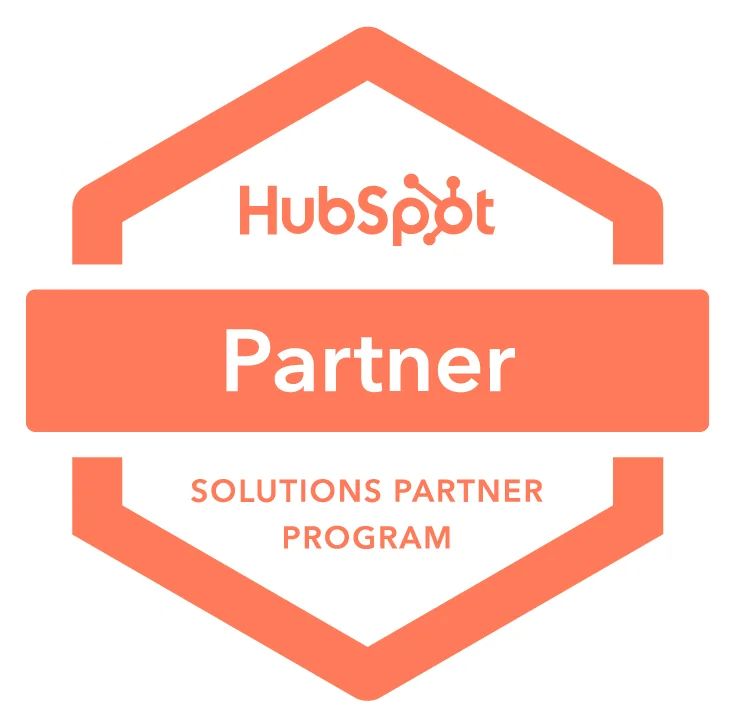In today's competitive market, businesses are constantly seeking methods to enhance operational efficiency and drive growth. Workflow automation stands out as a transformative solution, enabling companies to automate repetitive tasks, reduce errors, and increase productivity. By integrating workflow automation examples into various aspects of operations, businesses can achieve remarkable improvements in workflow efficiency.
Transforming Operations with Workflow Automation
Implementing workflow automation within an organization can lead to a more efficient allocation of resources. For instance, automating the lead nurturing process ensures that potential customers receive timely follow-ups, thereby improving conversion rates and enhancing automation and productivity. Similarly, an automated ticketing system can streamline customer support, reducing response times and improving customer satisfaction.
Workflow Automation Examples in Action
Consider a manufacturing firm that has leveraged workflow automation to manage inventory. By setting up an automated system that tracks stock levels and triggers procurement orders, the company minimizes the risk of stockouts, ensuring continuous production without manual intervention.
Measuring Success with Workflow Efficiency Metrics
It's not just about implementing workflow automation; it's also crucial to monitor its impact. Key performance indicators (KPIs) related to workflow efficiency provide insights into what's working and what can be optimized further. This data-driven approach ensures that the automation tools are delivering the expected return on investment.
Scaling for Growth with Workflow Automation
As businesses expand, workflow automation becomes even more essential. Scaling operations often involve complex processes and an increased volume of tasks. Automation software can effortlessly handle this surge, allowing businesses to grow without proportionally increasing their workforce.
Makeitfuture's expertise in workflow automation, integration, app development, and web development positions it as the perfect partner for businesses looking to harness the power of automation. From streamlining internal processes to creating user-friendly customer interfaces, Makeitfuture has the tools and talent to transform your business operations.














.png)
.png)



.avif)
